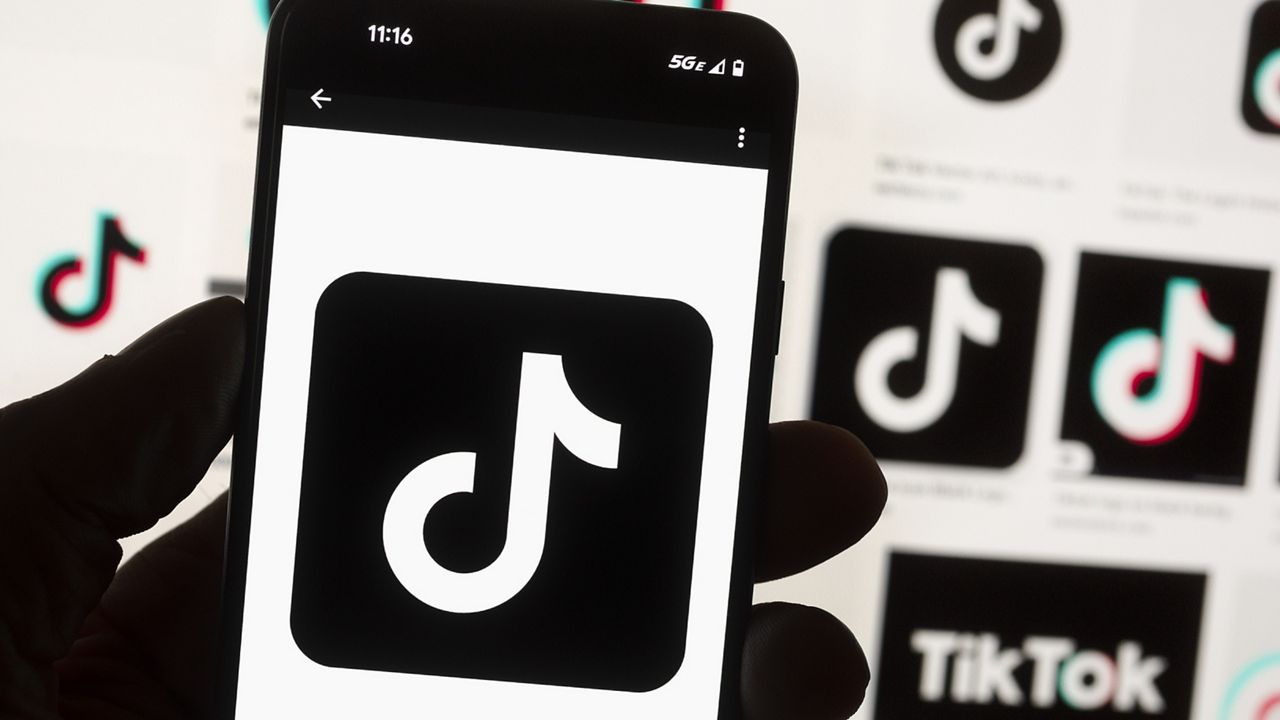The White House on Tuesday announced that it was throwing its support behind a bipartisan Senate proposal that would give the federal government the power to greatly restrict or even ban foreign-produced technology — including TikTok.
The bill, known as the RESTRICT Act — Restricting the Emergency of Security Threats that Risk Information and Communications Technology Act — was introduced by Sens. Mark Warner, D-Va., and John Thune, R-S.D., the chairman and ranking member, respectively, of the Senate Select Committee on Intelligence.
The measure would authorize the Commerce Secretary to “review and prohibit certain transactions” between the U.S. and “foreign adversaries,” listing China, Cuba, Iran, North Korea, Russia and Venezuela.
While the bill itself does not specifically mention TikTok by name, the popular social media platform — owned by Chinese company ByteDance — was cited by numerous lawmakers who introduced the measure.
“Today, everybody’s talking about TikTok,” Warner said at a press conference introducing the measure. “But before there was TikTok, there was Huawei and ZTE, and before that there was Russia’s Kaspersky Lab.”
“We lack, at this moment in time, a holistic, inter-agency whole-of-government approach, “Warner added. “Instead of playing whack-a-mole on Huawei one day, ZTE the next, Kasperky, TikTok — we need a more comprehensive approach to evaluating and mitigating these threats posed by these foreign technologies from these adversarial nations.”
“It is widely acknowledged that TikTok is a threat to our national security,” Thune said, adding that while “every social media company uses the data it collects from users,” he is “particularly concerned about TikTok’s connections to the Chinese Communist Party, which repeatedly, repeatedly spies on American citizens.”
Warner and Thune were joined by 10 other lawmakers from both parties — Republican Sens. Deb Fischer, R-Neb., Jerry Moran, R-Kan., Dan Sullivan, R-Alaska, and Susan Collins, R-Maine, and Democratic Sens. Tammy Baldwin, R-Wisc., Joe Manchin, D-W.Va., Michael Bennet, D-Colo., Kirsten Gillibrand, D-N.Y., and Martin Heinrich, D-N.M. — signaling that the legislation likely has enough support to overcome the Senate’s 60-vote legislative filibuster threshold.
In a statement, White House National Security Adviser Jake Sullivan applauded the lawmakers for coming together on the bill and urged lawmakers to “act quickly to send it to” President Joe Biden’s desk.
“This bill presents a systematic framework for addressing technology-based threats to the security and safety of Americans,” he said. “This legislation would provide the U.S. government with new mechanisms to mitigate the national security risks posed by high-risk technology businesses operating in the United States.”
“Critically, it would strengthen our ability to address discrete risks posed by individual transactions, and systemic risks posed by certain classes of transactions involving countries of concern in sensitive technology sectors,” he added. “This will help us address the threats we face today, and also prevent such risks from arising in the future”
The legislation was also celebrated by Commerce Secretary Gina Raimondo, who praised the group for “proposing a mechanism to address technology-based threats to our country from certain foreign adversaries.”
“Commerce welcomes this legislative framework for addressing these threats and protecting Americans’ safety and national security,” Raimondo said in a statement. "I look forward to working with these senators and their colleagues on both sides of the aisle to advance this legislation through Congress and to the President’s desk.”
TikTok did not respond to a request for comment by Spectrum News. In a statement to CNN, a spokesperson for the social media company equated a ban on TikTok to censorship.
“We appreciate that some members of Congress remain willing to explore options for addressing national security concerns that don’t have the effect of censoring millions of Americans,” the spokesperson told the outlet. “A U.S. ban on TikTok is a ban on the export of American culture and values to the billion-plus people who use our service worldwide.”



